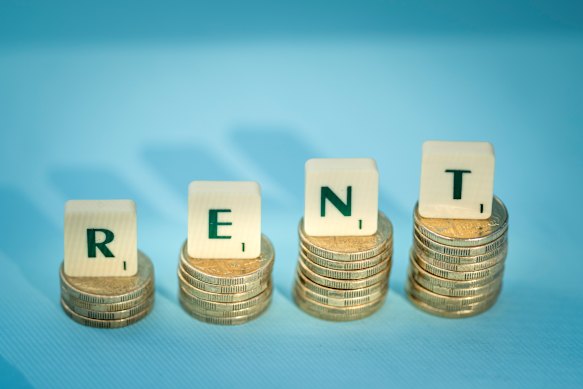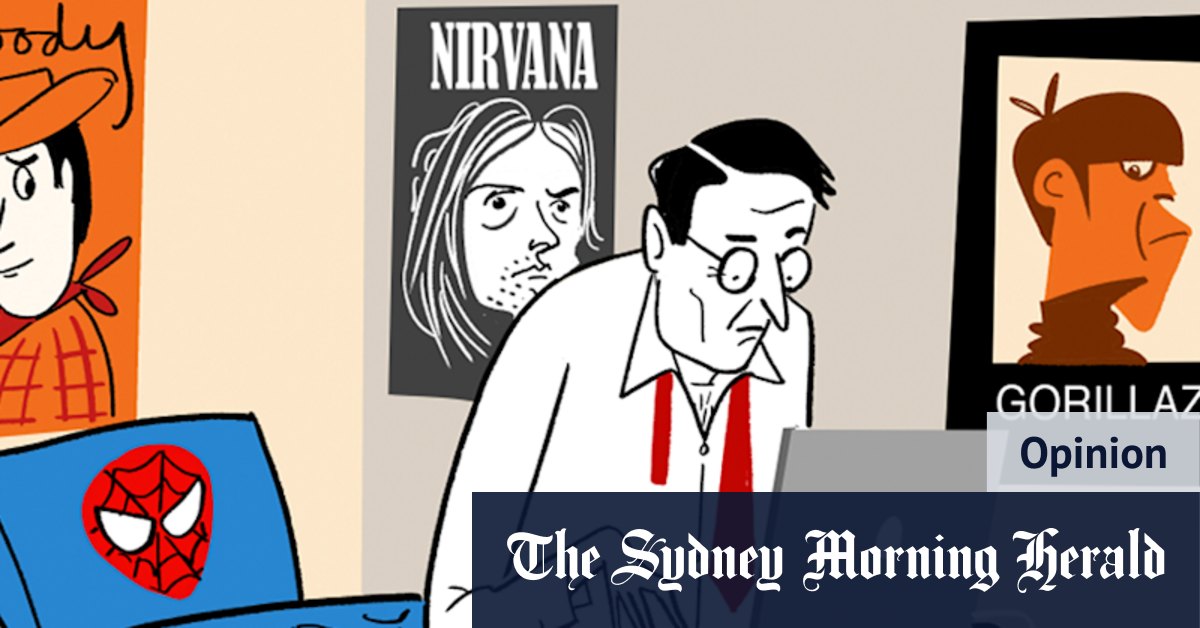“Through this lens,” the report says, “Millennials and Gen Z are not merely younger versions of ourselves. They are products of their own formative experiences. The greatest mistake is to assume today’s young people are simply behind because they are young – and that, with time, they will catch up.”

Home ownership rates among younger people have plummeted. Credit: Eamon Gallagher
Today’s young Australians are more educated than any generation before them, the report says, yet they face more insecure work and delayed financial independence. They are the first generation to live entirely online, and yet they report rising loneliness.
“They show up for issues and are determined to find balance, but remain locked out of the systems their parents helped to build.
“When the rules were written before they arrived, and the road ahead offers little promise of change, it is no wonder young people feel sidelined. In fact, 42 per cent of young Australians (18 to 24) feel they are missing out on their youth, and 41 per cent worry they won’t be able to live a happy and healthy life as they grow older,” we’re told.
Deloitte has used the census results for 1991 and 2021 to see how people aged 25 to 39 have changed between the Baby Boomers and the Millennials.
For a start, Millennials are better educated. The proportion of young people with post-school qualifications has gone from just under half to almost 80 per cent. The proportion of women with bachelor degrees has gone from one in eight to one in two.
Next, today’s young people are less likely to be married. The proportion which has not yet married has doubled from 26 per cent to 53 per cent. The median age at which the young marry has risen from 27 to 34. And whereas the proportion of 25- to 39-year-olds living as a couple used to be just over half – now it’s one-fifth.
Thanks to better economic management, the rate of unemployment among older young people has more than halved, falling from 8.4 per cent to 3.5 per cent.
The proportion of people with bachelor degrees whose earnings are in the top 15 per cent has risen from 38 per cent to 65 per cent. This may be because more of the female graduates have jobs and are working full-time. We know that the rate of participation in the labour market for all women has gone from almost two-thirds to more than three-quarters.
Now we get to home ownership. We know Millennials are likely to be better educated, more likely to be working and more likely to be in well-paid jobs but, even so, are less likely to be home owners. Whereas 66 per cent of Boomers aged 25 to 39 were home owners, for Millennials, it’s down to 55 per cent.
Loading
And whereas by that age, 19 per cent of Boomers owned their home outright, it had fallen to just 6 per cent for Millennials.
Elsewhere, we’re told that the younger generations are having children later, and more than half say they’re unlikely to have children.
The report argues that today’s young Australians are fundamentally different from previous generations, noting that they’ve grown up amid intensifying globalisation, a climate emergency, the rise of social media and now generative AI. Those young enough to have been at school during the COVID lockdowns had their educations significantly disrupted.
The report tells us how much a rapidly evolving labour market and financial instability are narrowing young people’s opportunities for economic prosperity. The way they see it is that the system has persistently moved the goalposts: you stay longer in education, you take longer to earn good money and longer to afford to buy a home. You marry later and have kids later (and maybe don’t have time to have as many as you’d have liked).
Little wonder the report tells us young Australians feel sidelined and unheard by political decision-makers, with only one in three trusting the federal government to do the right thing.
The way I’d put it is that, by our neglect, we’ve allowed our young people to suffer a bad case of arrested development. But thanks to the roundtable, I think we may be ready to do something to give the young a fairer deal.
Ross Gittins is the economics editor
Ross Gittins unpacks the economy in an exclusive subscriber-only newsletter. Sign up to receive it every Tuesday evening.

